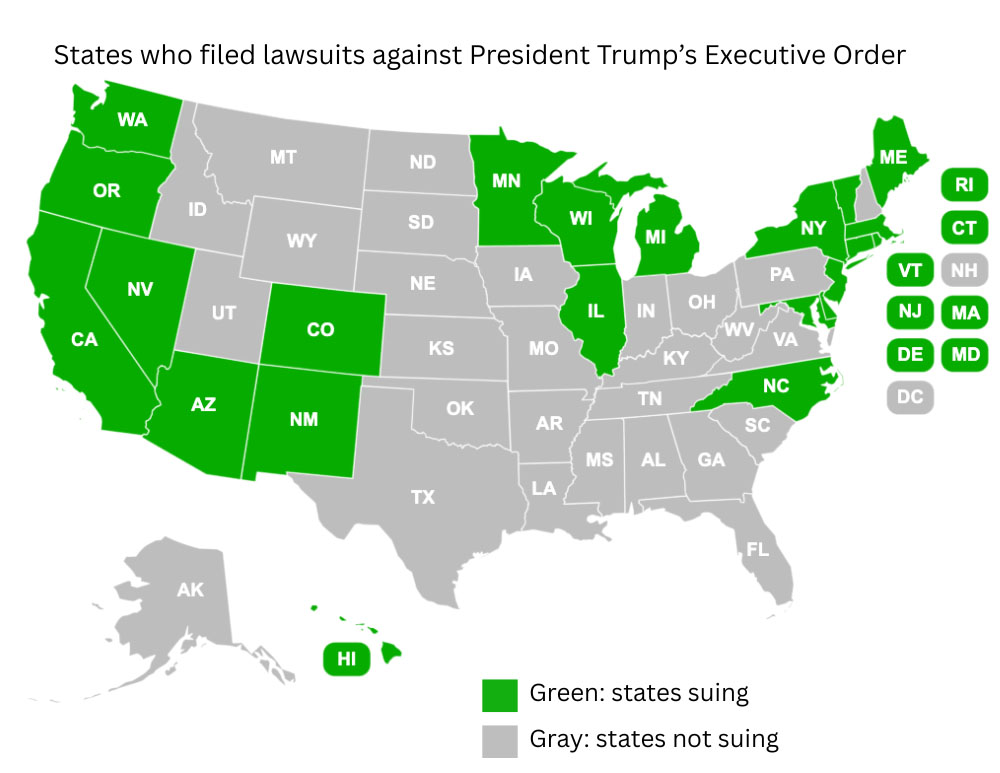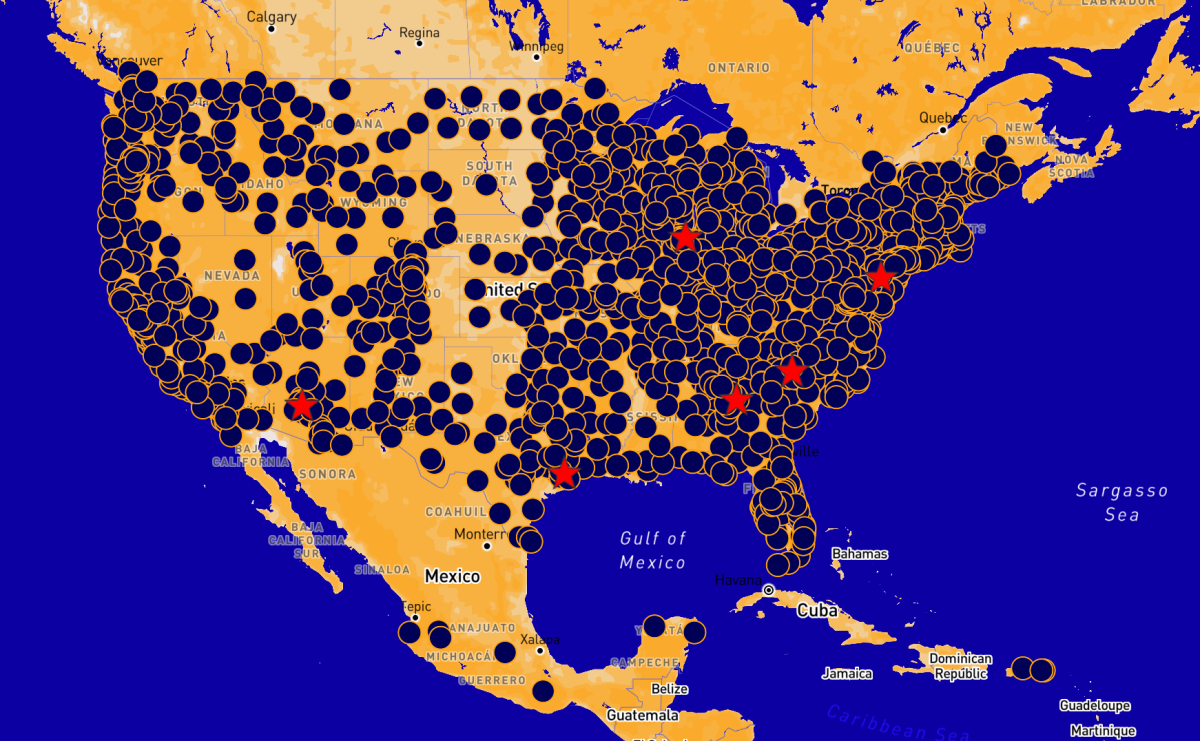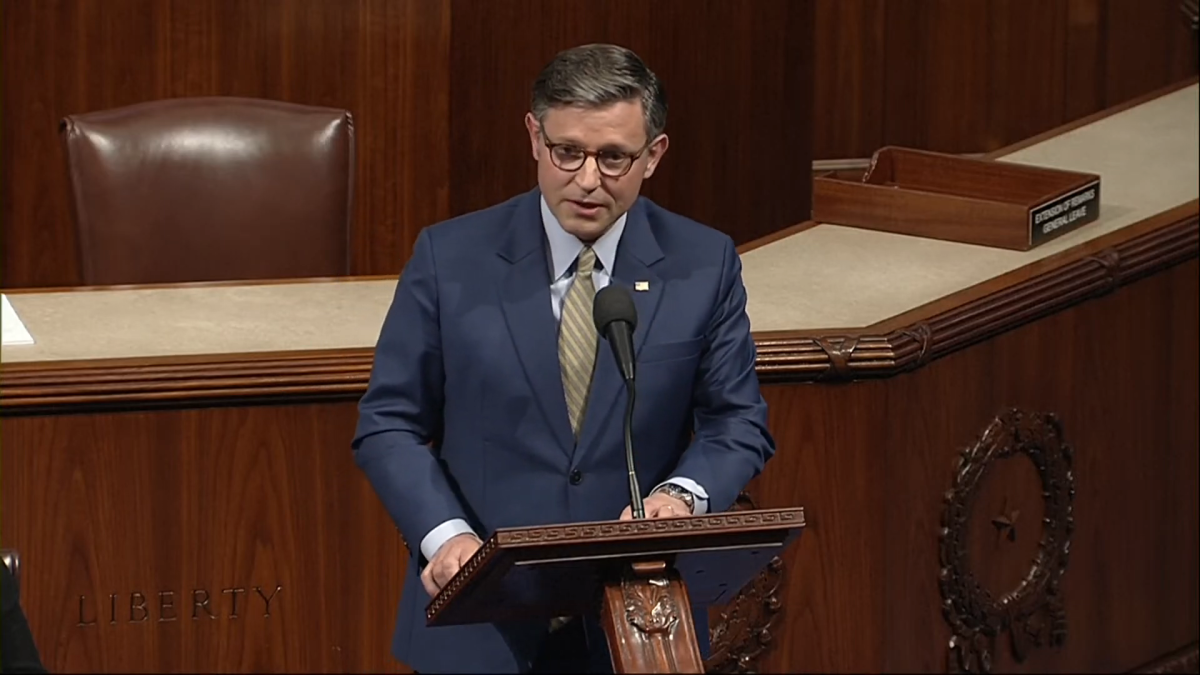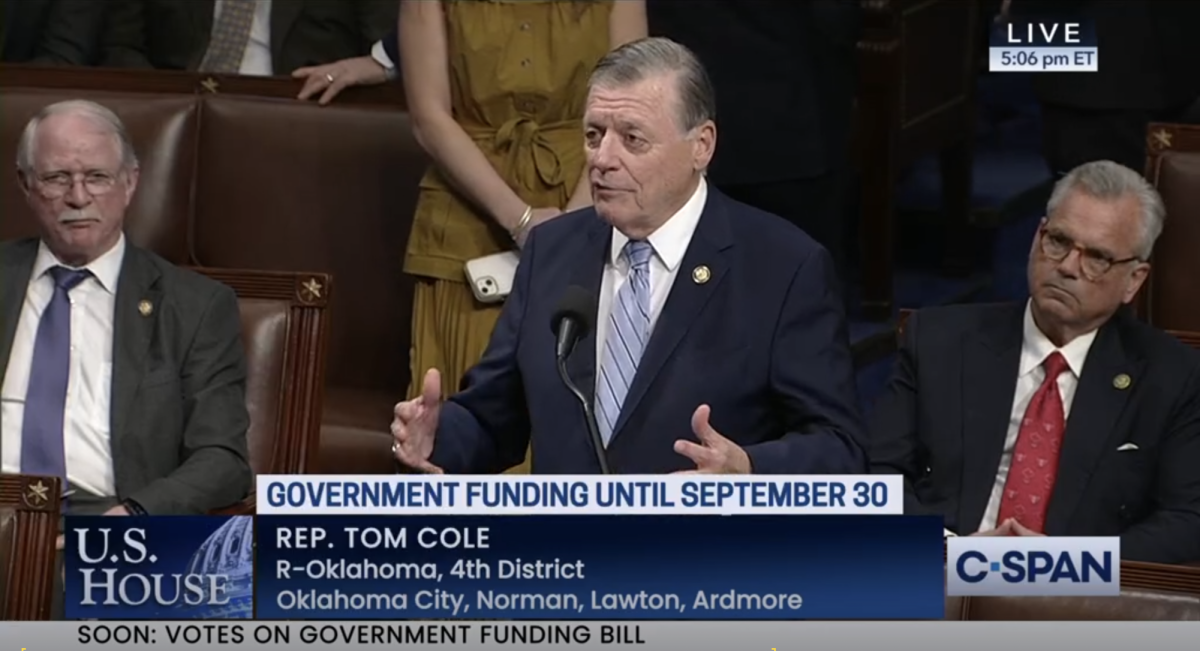WASHINGTON — Construction on $178 million facilities at Altus and Tinker Air Force bases that would provide training and maintenance for a much-heralded new aircraft could be threatened if President Donald Trump redirects these funds as part of his national emergency declaration.
Up to $3.6 billion of U.S. Department of Defense military construction projects could be reallocated to build a border wall under Trump’s national emergency, according to the White House, a tactic Sen. Jim Inhofe (R-Okla.) has said he opposes.

Inhofe said last Thursday he does not support the use of Department of Defense dollars to fund the wall, although he said Trump was “left with no choice” but to declare the emergency to ensure stronger border security.
“I want to make sure this declaration has minimal, if any, impact on our military and reimburse all the necessary accounts affected by the decision,” Inhofe said in a statement released Friday.
Trump declared a national emergency late last week to secure additional resources for a border wall after the House and Senate agreed to pass a bill that included $1.4 billion for a partial barrier, but not a wall, at the U.S.-Mexico border. Trump originally wanted $5.7 billion for the wall.
A group of 16 states filed a lawsuit against Trump on Monday arguing he does not have the power to redirect funds since Congress controls the government’s spending.
“The national emergency declaration will rob critical military construction projects of funding, threatening national security to prop up a political vanity project,” said Rep. Nita Lowey (D-N.Y.), House Appropriations Committee chairwoman, in a statement Friday.
Three of Oklahoma’s four vulnerable military construction projects are underway at Altus and Tinker Air Force bases, according to information compiled by the House Appropriations Committee.
These projects include $12 million for a KC-46A simulator facility at Altus, $81 million for a Tinker KC-46A depot maintenance hangar and $85 million for a Tinker KC-46A depot fuel maintenance hangar, according to the budget.
McAlester, Oklahoma, also has $7 million allocated for construction of a bulk diesel system replacement.

The KC-46A is a new aircraft designed for aerial refueling that has garnered much attention in recent weeks.
Prominent Oklahoma leaders, including Inhofe, Sen. James Lankford, Gov. Kevin Stitt and Rep. Frank Lucas, celebrated the delivery of the second KC-46A in the country to the Altus Air Force Base on Feb. 8, touting the economic benefits and quality jobs it will bring to the state.
“This is more than just the start of a new mission for Altus and Tinker — it clearly demonstrates that Oklahoma is home to the future of the Air Force,” Inhofe said at the Feb. 8 ceremony.
The aircraft will be maintained at Tinker Air Force Base at the 158-acre, 14-dock campus now under construction. The project is expected to reach completion in December, according to a Tinker press release, with the first plane expected for maintenance in June 2020.
Another at-risk military construction project identified by the House Appropriations Committee is Next NGA West campus in St. Louis, Missouri, that has a combined $672.6 million in construction costs. The project, jointly managed by the National Geospatial-Intelligence Agency, the U.S. Army Corps of Engineers, and the U.S. Air Force, is the largest federal investment project in St. Louis history.
The White House said it has identified up to $8.1 billion in funding for the border wall. Aside from the military construction money, $601 million from the U.S. Treasury Department’s forfeiture fund and $2.5 billion under Department of Defense support for counterdrug activities could be tapped.
The White House said these funds will be used sequentially and as needed, according to Friday’s press release.
Rep. Kendra Horn, who serves on the House Armed Services Committee, said she thinks the emergency declaration is concerning not only because it is a constitutional violation, but because of the funding sources the administration plans to divert.
“Pulling funds from the Department of Defense does not make us safer,” Horn said. “Pulling from our military housing does not make us safer. In fact, it makes us more vulnerable.”






